Plastics Treaty INC 1
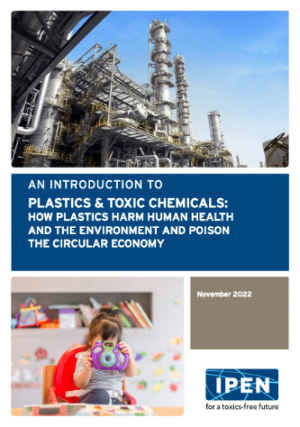 Understanding Plastics
Understanding Plastics
IPEN’s new briefing “An Introduction To Plastics & Toxic Chemicals: How Plastics Harm Human Health And The Environment And Poison The Circular Economy” provides background on plastics as materials that pose threats to human health, the environment, and a non-toxic circular economy.
Read the briefing here.
Also see IPEN’s Quick Views for INC1.
See IPEN’s briefing for Plastics Treaty delegates on “Plastics, Chemicals and Health”.
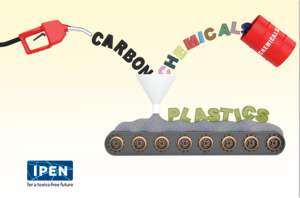 Plastics = Carbon and Chemicals
Plastics = Carbon and Chemicals
For an ambitious Plastics Treaty, it is important to address plastics as materials made from carbon and chemicals. People are exposed to toxic chemicals at every phase of the plastics life cycle – from oil extraction to plastics production, transport, use, and disposal.
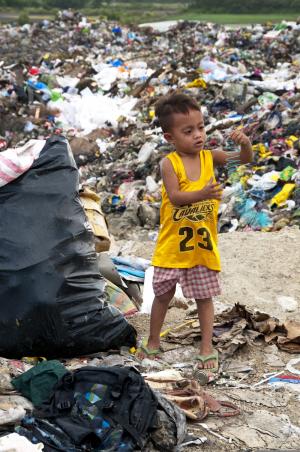 Plastics Threaten Our Health
Plastics Threaten Our Health
Plastics contain toxic chemicals linked to cancer, brain damage, infertility, and other serious conditions. About one-quarter of the chemicals in plastics are known to be toxic, while hundreds more may be as harmful but have never been tested. A Plastics Treaty must be a global health treaty.
See IPEN’s video “Plastics Poisoning Our Health” - available in English, Spanish, and French.
Embed video TBD.
Plastics Create Environmental Injustices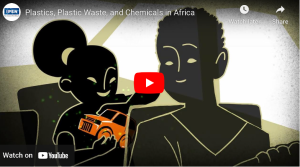
Plastics transport chemicals into every nook and cranny of the world – they bring toxic chemicals into our homes and ultimately into our bodies. Communities already facing disproportionate health impacts from chemical exposures face the greatest threats from plastics.
See the IPEN video “Plastics, Plastic Waste, and Chemicals in Africa”' showing how exports of plastics and plastic waste, mostly from wealthy countries, bring toxic chemicals to Africa, exposing children and families to harmful chemicals and poisoning the circular economy. Available in English and French.
Embed video TBD.
Recycling Plastics is a Myth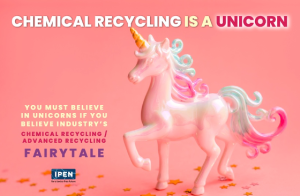
Industry promotes recycling as the solution to plastics pollution, but most plastics are never recycled. Further, making plastic waste into fuel creates more dangerous chemicals, magnifying the health threats from plastics.
See IPEN’s report exposing the fallacies of plastic waste fuels and our side event from the 2022 BRS COP on the failures of plastic chemical or “advanced” recycling.
Plastics Poison the Circular Economy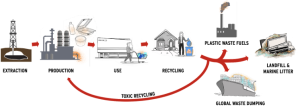
The toxic chemicals in plastics make them inherently incompatible with circular economic approaches. We need immediate steps to significantly reduce production of plastics and a fundamental shift in our materials economy to replace them with safer, sustainable materials that promote a healthy, circular economic future.
